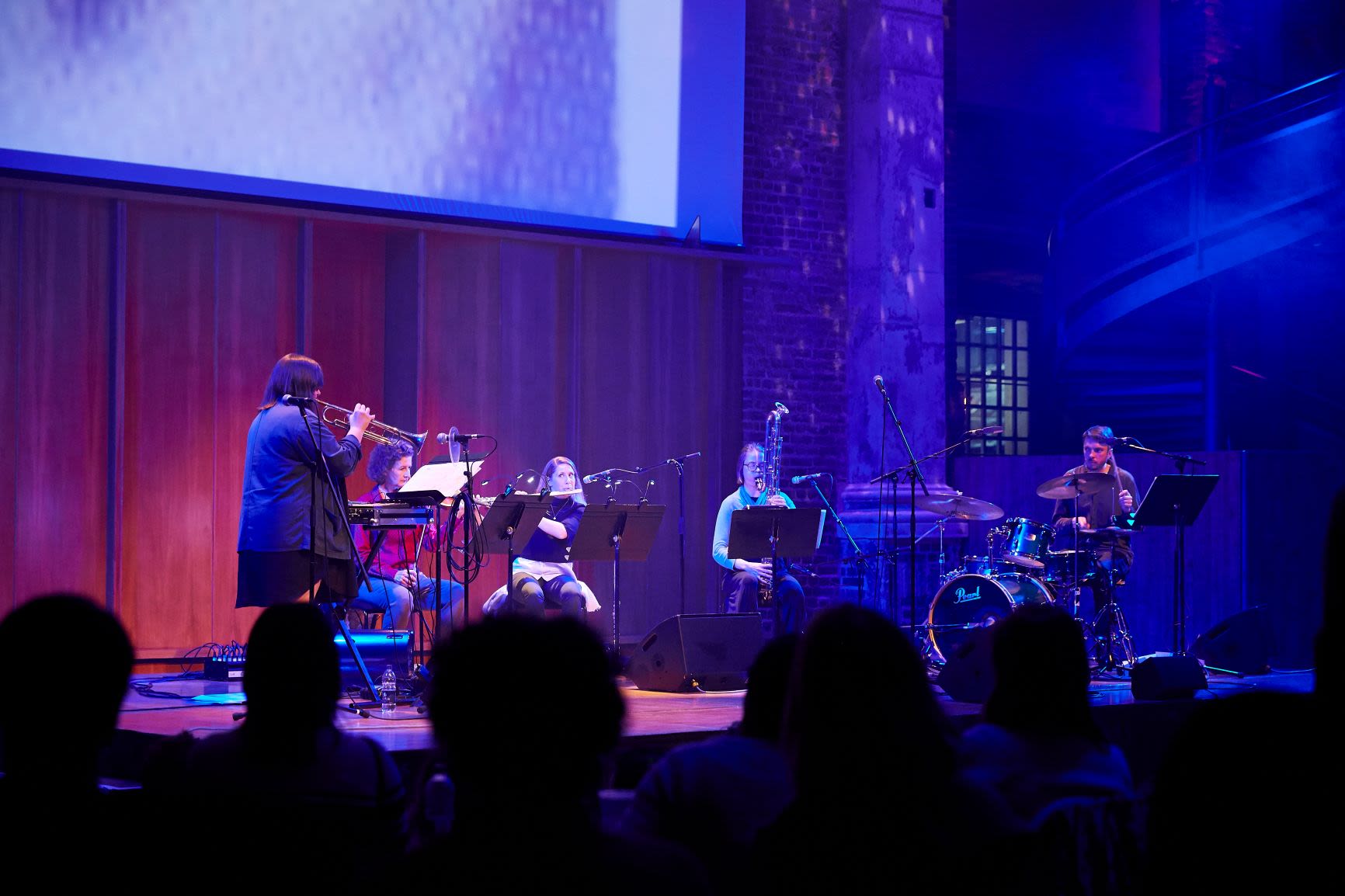LSO Jerwood Composer+

What is it?
LSO Jerwood Composer+ is designed to support composers in the early stages of their career, by providing an opportunity to develop the skills needed to plan and deliver their own chamber-scale concerts.
The aim is that composers gain valuable knowledge and practical experience to develop their own opportunities and careers.
In giving participating composers creative freedom to explore classical and/or cross-genre collaborations and unconventional concert formats, the scheme also makes a substantial contribution to the diversity and innovation of the concert programme at LSO St Luke’s.
LSO Jerwood Composer+ is generously supported by Jerwood Arts.


‘I’m loving it — I’m learning so much and establishing wonderful creative and professional connections. It is such a unique opportunity for composers and one that allows for a truly diverse range of artists and works to be developed. That’s the reason I applied for the scheme, and it’s meeting those expectations completely.’
Jasmin Kent Rodgman, 2017/18 participant

How does it work?
Over the course of 16 months, two composers each plan and deliver two chamber-scale concerts at LSO St Luke's, mentored by key LSO staff.
They also have access to composition workshops and mentoring with other composers, industry professionals and musicians to develop their artistic practice.
Induction
When the scheme starts in September, composers are given an induction and introduced to the key staff they will be working with from across the departments.
Research and development
They are encouraged to get stuck in straight away with plans for their first concert. In October, they have a chance to see the final concerts of the scheme's previous intake of composers.
First concerts delivered
Composers deliver their first events as part of the early-summer season (usually around April).
Mid-point evaluation, research and development
In May, halfway through their time on the scheme, composers will meet with LSO staff for an evaluation of their experience and development so far. It's then time to kick into planning for their second event.
Final concerts delivered
Composers deliver their final events in the autumn, over a year since they had their inductions. In December, the scheme is wrapped up with a final evaluation, and the composers then become part of the LSO's wider Soundhub network, enabling them to remain part of the LSO family.

What skills are developed?
Programming
Alongside their own new music, composers are expected to programme the music of other composers. They are encouraged to be creative when programming, and to explore different approaches, considering audiences, timings, formats and more.
Budgeting
A vital skill: modelling the financial viability of different concert programmes and working to a budget.
Event planning
This means considering everything from timelines and event management to technical requirements and production tasks!
Marketing
Composers work to create a marketing strategy in line with their unique audiences and events.
Fundraising
Additional funding isn't necessary, but composers learn about fundraising, crowd-funding, in-kind support and more.
Evaluation
Not to be forgotten: evaluating the impact of an event, its successes and challenges, is key to learning for future projects.

The scheme so far…
The youngest of the LSO's composer schemes, LSO Jerwood Composer+ started in 2017 and is now in its third iteration.
Here are the composers we've had the pleasure of working with to date…
Year 1: 2017/18
Emma-Jean Thackray
Emma-Jean's two events made up the London Jazz x LSO series, and were billed as genre-smashing collaborations between artists from the London jazz scene and LSO musicians.
Jasmin Kent Rodgman
Jasmin's first event presented some of the most powerful voices from the UK's music and spoken word scenes, and her second explored movement: the body, sound and geography.
Year 2: 2018/19
Amir Konjani
Amir introduced intriguing and unforgettable new instruments to his audiences, plus his own creative performance techniques including spatialisation, shadowing and musical braille.
Daniel Kidane
Daniel's events offered snapshots into today's contemporary-classical landscape, with music from composers like Kaija Saariaho and Julian Anderson programmed alongside his own.
Year 3: 2019/20
Des Oliver
With his first event, Des was set to explore the music, ideas and experiences of British-based classical composers from the African diaspora who featured in his landmark online series Identity and the Anxiety of Influence.
Hollie Harding
Hollie's first event was to be a multimedia concert of works considering the complex relationship between humans, sounds and ecology. It would have featured the premiere of a new work created in discussion with George Monbiot.
Both events have been postponed until further notice.
Emma-Jean Thackray presents London Jazz X LSO Part II, Nov 2018 (her final LSO Jerwood Composer+ event)
Emma-Jean Thackray presents London Jazz X LSO Part II, Nov 2018 (her final LSO Jerwood Composer+ event)
Read: Amir Konjani on Eroded
Ahead of his final event in November 2019, Amir discussed the compositional techniques used in his concert, from spatialisation to his musical Braille code used in the soundtrack for Oscar Award-winning short film The Silent Child.
Spatialisation & Music Braille
'With the Kraken cello, four tubes project shadows in four different directions. During the composition process, I made dots on the tube lines (springs) to navigate the direction of the sounds through the tubes. This way of navigating each sound’s projection (spatialisation) was important in helping me to develop the themes in the cello parts.

Kraken cello
Kraken cello
During my experimental dotting approach, I discovered that I could use the dots as music Braille codes and that they could be used when harmonising the concertante, a coincidence that allowed me to find some other methods alongside my more usual compositional approach.'

The Silent Child
'I started to use my music Braille idea for the film score for The Silent Child. I tried to assign the name of the characters and lines in the script to the Braille code and transferred the dots to sounds. I needed to deliver the story of Libby, a profoundly deaf four-year-old girl who lives a silent life until a social worker teaches her how to communicate through sign language.'

Libby in Braille
Libby in Braille
Winged by Daniel Kidane, Mar 2019 (his first LSO Jerwood Composer+ event)
Winged by Daniel Kidane, Mar 2019 (his first LSO Jerwood Composer+ event)
Read: Introducing our 2019/20 composers
Back in February we caught up with Hollie Harding and Des Oliver to talk about their musical backgrounds and composing icons, and more.
How did you first get into music and composing?
Hollie: I started out playing the violin (the usual story!), but I guess composing really took over as the main focus through writing songs for the bands I was in, and writing pieces for GCSE and A level coursework. I think composition became my main creative outlet from around 16-17 when I developed severe performance anxiety. I discovered I enjoyed constructing the music and being behind the scenes much more than being onstage… since then it’s been a voyage of discovery!
Des: I came to music relatively late – my first encounters with classical music were during my teenage years, singing in various choirs at school, and I knew then and there that I wanted to be a musician, to immerse myself in that magical world as often as possible. However, I think my fascination with composing came long before I could play or write a note of music. As a young child I would spend hours cutting out pictures of people and objects to create collages that were very different from their original source material, constructing my own narrative.
If you had to recommend just one piece of contemporary music, what would it be?
Des: It’s always difficult to pick just one piece, but I do highly recommend Cycle of Reckoning by multi-instrumentalist Tunde Jegede. It's a dream-like duet for acoustic guitar and kora, which is a West African harp-lute. This is one of Tunde's earlier works, written in 1991, and is the piece that really establishes his musical language. The version from his album Mali in Oak, which contains numerous other beautiful works by him for kora and cello, also includes some magnificent guitar playing by Derek Gripper
Hollie: I recently discovered the enigmatic music of Carola Bauckholt – it’s really fresh, unusual and playful. I’d recommend giving some of her work a listen, particularly Treibstoff (1995). My first event was programmed to include the UK premiere of her work Doppelbelichtung (Double Exposure)!
'It’s a brilliant opportunity for any budding composer/curator to bring their artistic ideas to fruition. I am leaving the scheme full of ideas that I hope to be exploring soon.'
Daniel Kidane, 2018/19 participant

LSO Jerwood Composer+ is generously supported by Jerwood Arts.

